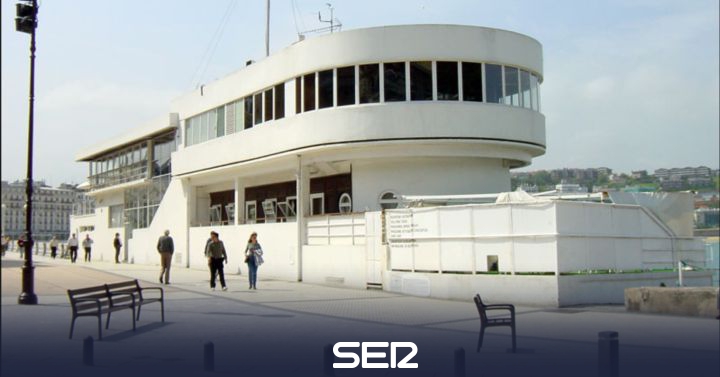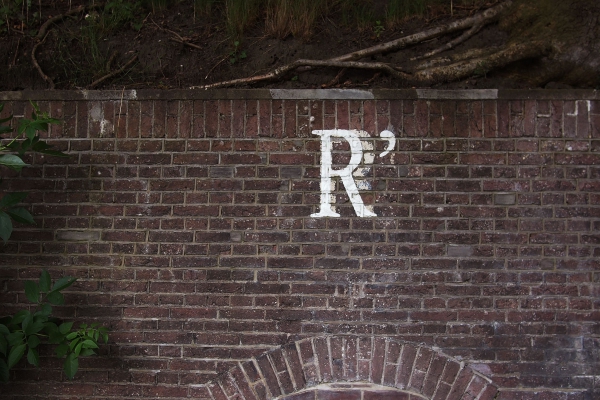The Court of Instruction number 1 of San Sebastián has ordered the provisional release of five of the six young people who remained in prison, investigated for the death of Santi Coca, the minor from San Sebastian who died after a fight in San Sebastián, they have informed EFE sources of the case.
The investigating judge has adopted this decision after on February 5, the autopsy report prepared by the Basque Institute of Legal Medicine revealed that the injuries suffered by the young man were “of little importance”, without being conclusive about the reasons for the cerebral hemorrhage that ended his life and without deciding between a “homicidal” or “natural” cause.
Santiago Coca died after spending two days in a coma in the hospital, after suffering an assault in the early morning of April 26 by a group of people outside a central San Sebastian nightclub, in an area between the City Council of San Sebastián and the Real Club Náutico, at the beginning of Paseo de la Concha.
In this place, a brawl took place in which the deceased minor, who lived between the capital of Gipuzkoa and Reocín (Cantabria), was seriously injured.
Medical teams displaced to the place performed cardiopulmonary resuscitation maneuvers after which he was transferred in a state of extreme gravity to the Donostia Hospital, where he died two days later.
The Ertzaintza arrested seven young people for their alleged relationship with these events, although the Guard Court only ordered provisional detention for six of them: three Romanian boys, one of Algerian origin, another Moroccan and a Spanish, who had been imprisoned since the April 29.
After knowing the final results of the autopsy, the defenses of these young people requested the release of their clients who, as confirmed by the aforementioned sources, have been admitted for five of them, without opposition from the Prosecutor’s Office, with the sole Except for the citizen of Algerian origin, who will remain in prison.
However, the court in the case imposes on the five different precautionary measures to prevent their flight, such as the withdrawal of the passport, the prohibition to travel abroad and the obligation to appear every fifteen days in court.
One of the release orders for these young people, to which EFE has had access, justifies these precautions by the fact that “their possible” participation “in the incident cannot be ruled out either, given that” there are indications of this possibility that they will have to to be clarified throughout the instruction “that remains to be carried out.
Despite this, together with the aforementioned autopsy report, the Investigating Court number 1 also takes into account to opt for his release from prison, “the time elapsed” already in prison and the fact that the “new proceedings” that are carried out for “the clarification of the facts” could “be prolonged over time”.
This same resolution is pronounced collaterally on the Algerian citizen who remains in prison, recalling that the autopsy report does “show a direct impact and a possible traumatic origin at the origin” of one of the injuries that the deceased had .
“This impact is compatible with the aggression” allegedly inflicted by this investigated “described by some of the witnesses”, “specifically the kick that could have struck the deceased’s head, when he was already on the ground”, collects this document.
–


